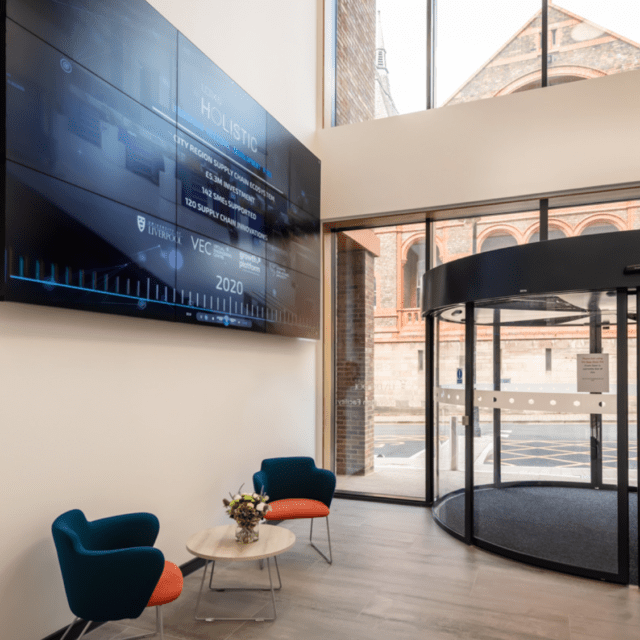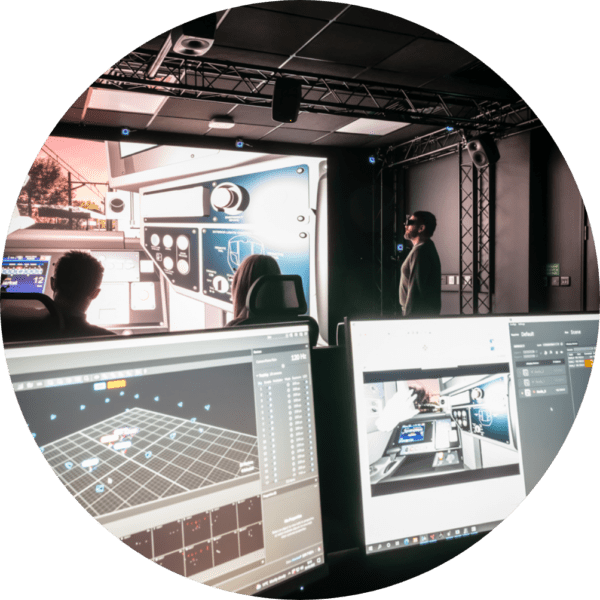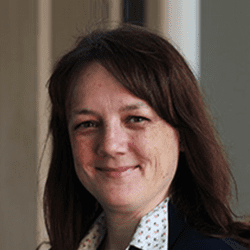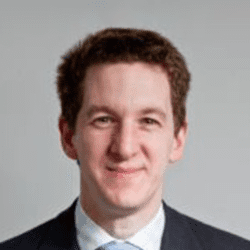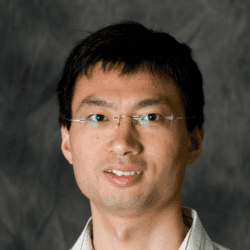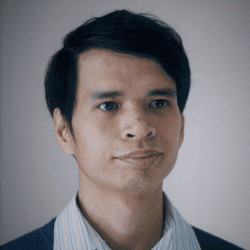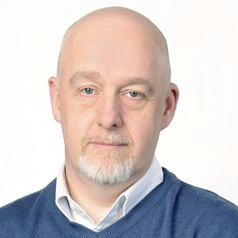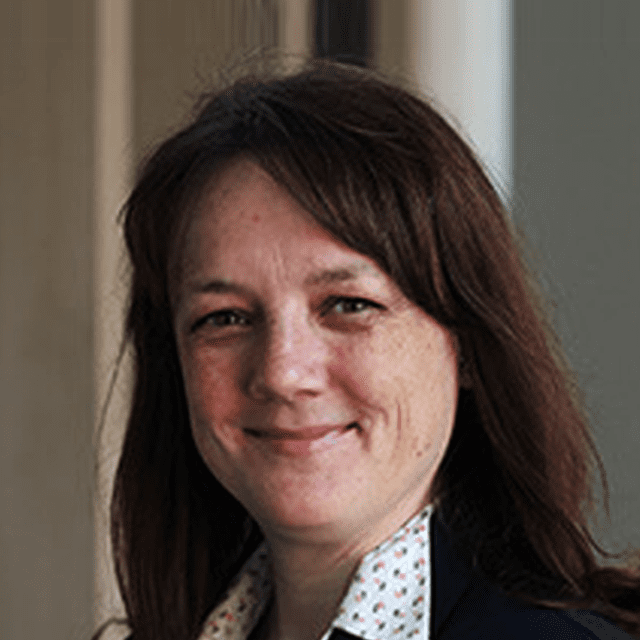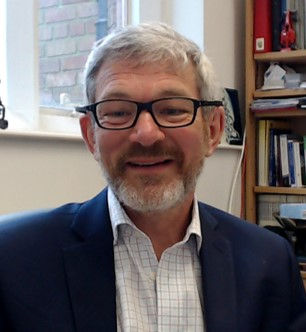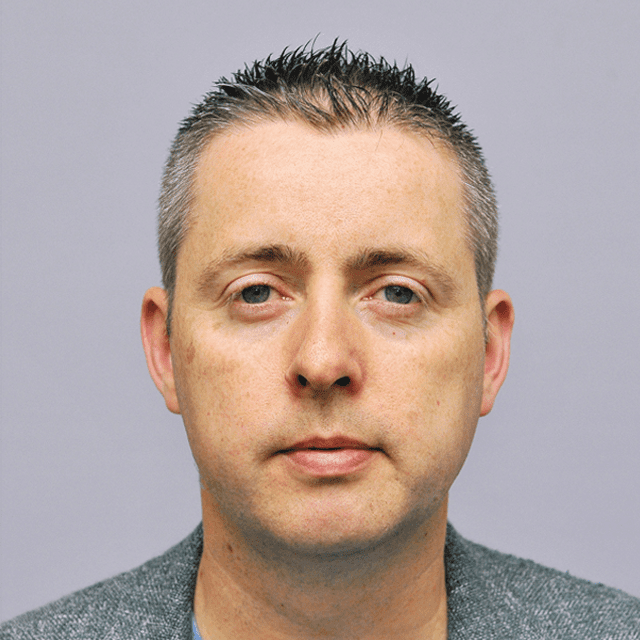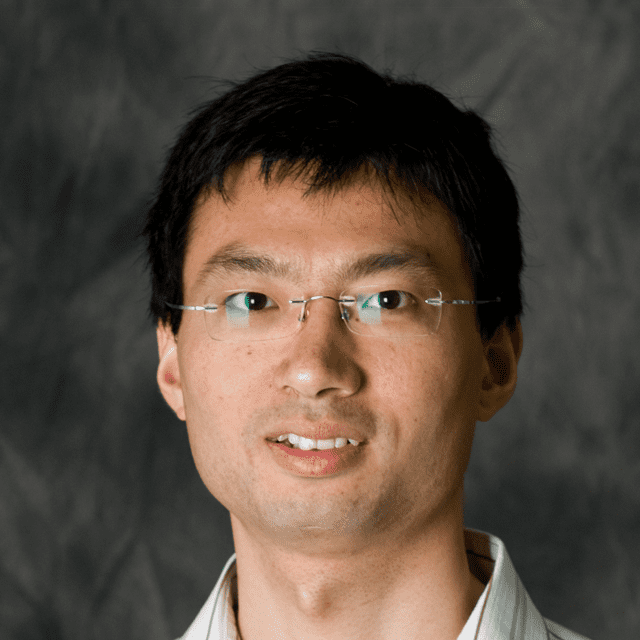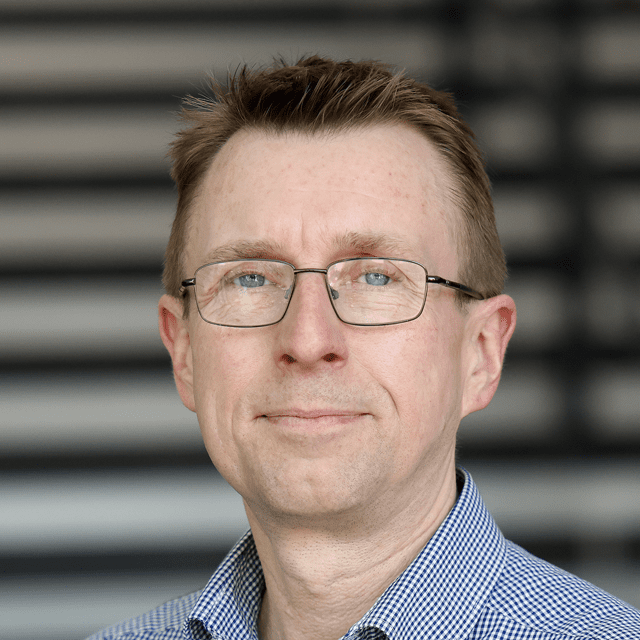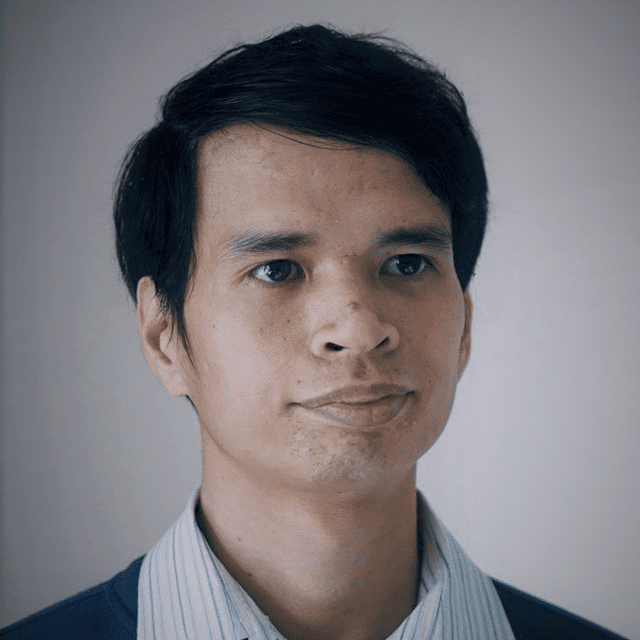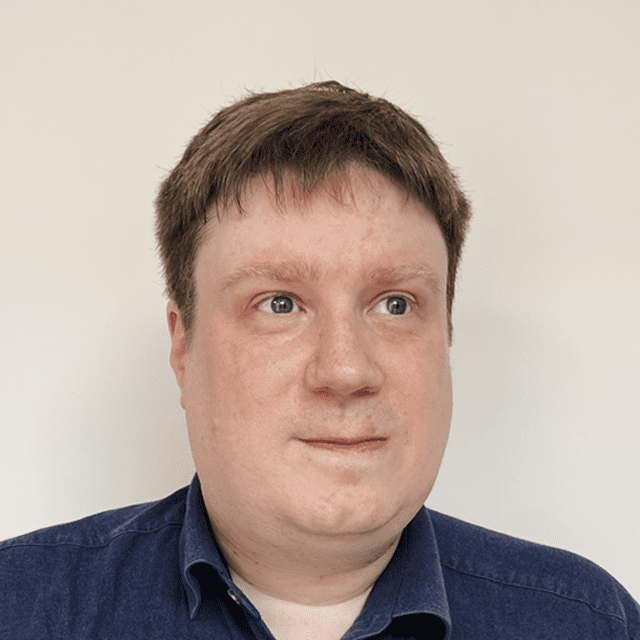Ben Alston
Dr Ben Alston is the Centre Manager for the Leverhulme Research Centre for Functional Materials Design, where the fundamental aim is to drive a design revolution for functional materials by fusing chemical knowledge and state-of the-art computer science with industry leading mobile robotics.
Research Themes: Research carried out at the Centre will focus on changing the way we design new materials. This research spans a number of key themes:
Theme 1 – Computational Materials Design
Theme 2 – Experimental Materials Design
Theme 3 – Intelligent Automation & Robotics
Theme 4 – Harnessing Exponential Knowledge via AI & ML
Research Opportunities: Through education and training we aim to develop research capacity and capability within the centre.
Ben received his PhD in inorganic electrochemical catalysis in 2013 followed by two PDRA positions in development of laboratory automation methods at the Centre for Materials Discovery In 2017, he was appointed as a Research Fellow within the Leverhulme Research Centre for Functional Materials Design and Theme Leader for Intelligent automation, co-supervising the development of the first mobile robotic chemist.
Ben has experience within the industrial automation sector with world leading robotics and laboratory automation providers such as Chemspeed Technologies where he was Head of Operations.
Ben also currently occupies the role of Chief Product Officer for the university spin out company Gearu who focus on commercialising the implementation of mobile robotics into research laboratories. He also currently sits on the external scientific advisory board for the University of Bristol CDT in Technology Enhanced Chemical Synthesis and Imperial College ATALS project and is a member of the board of Trustees for the Society for Chemical Industry.


